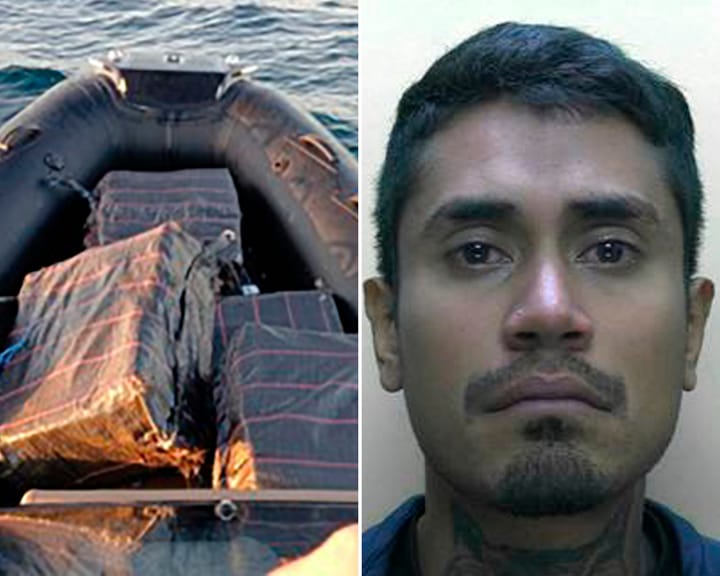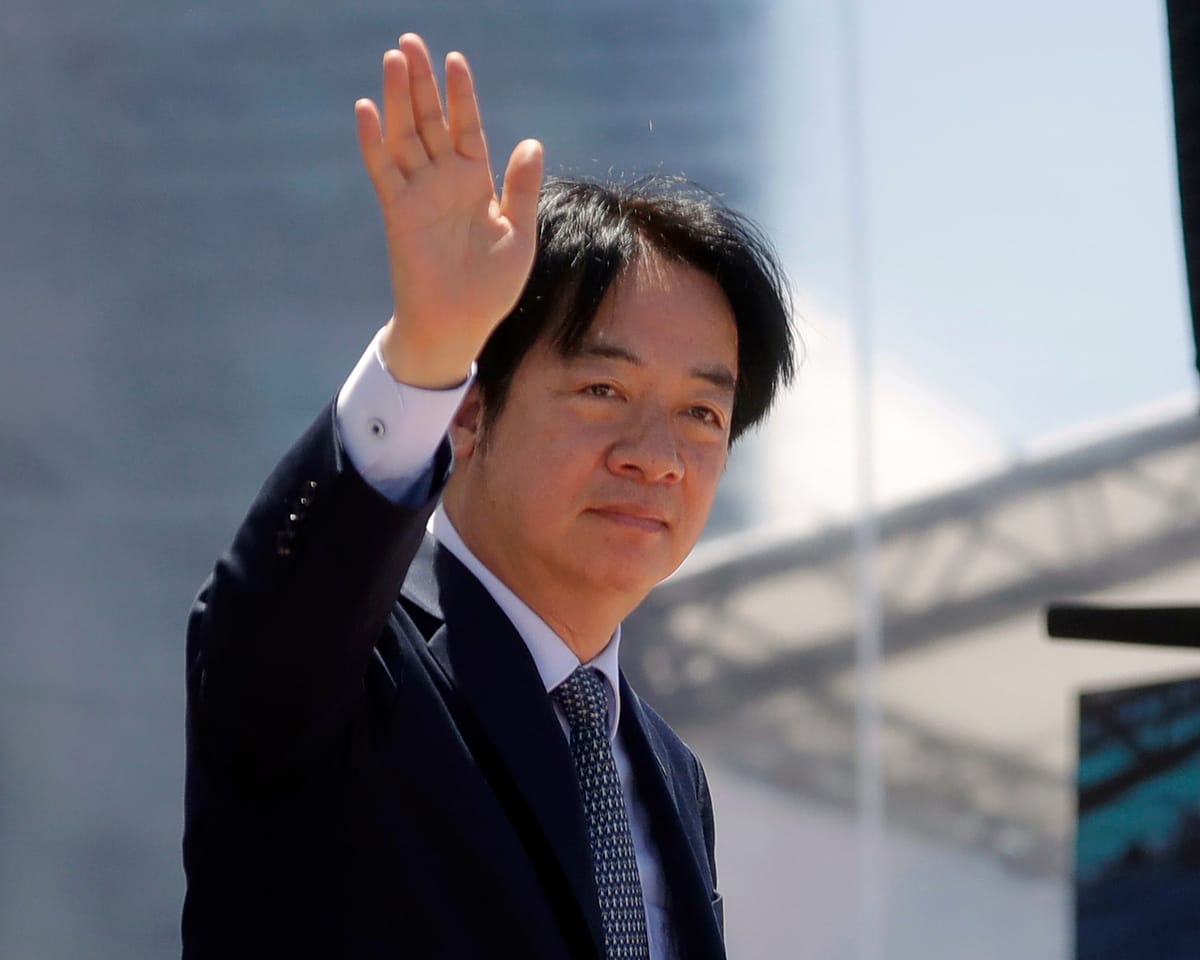Taiwan’s President Lai Ching-te has postponed a planned trip to his nation’s remaining diplomatic allies in Latin America, with differing explanations given for the delay.
Lai had been expected to visit the region next month as his administration works to maintain support in an area where many nations have shifted diplomatic recognition to China, which views Taiwan as part of its territory.
Reports suggested the U.S. administration under former President Trump had objected to a proposed stopover in New York. However, Lai’s office stated that no overseas travel was scheduled due to domestic priorities, including natural disasters and trade discussions with the U.S.
A source familiar with the matter told the Associated Press that Washington had urged Taiwan to adjust the transit route and avoid New York. The Financial Times reported that permission for the stopover was denied after China voiced objections to U.S. officials.
The U.S. has typically assisted with transits for Taiwanese leaders, but Lai’s trip risked angering Beijing at a time when Trump sought to negotiate trade agreements with China. Beijing routinely condemns any perceived U.S. backing for Taiwan.
The postponement has raised concerns among analysts that the U.S. may be establishing an unfavorable precedent in its dealings with China.
Officials in Guatemala, however, attributed the delay to a recent typhoon that caused significant damage in Taiwan. Another source, speaking to Reuters, cited Lai’s need to oversee disaster response efforts.
Typhoon Danas recently struck Taiwan’s western coast, bringing strong winds and widespread infrastructure damage.
When asked about the trip, a U.S. State Department spokesperson said no travel plans had been confirmed, making the question hypothetical. She reiterated that such transits align with long-standing U.S. policy.
Jason Hsu, a former Taiwanese legislator and analyst at the Hudson Institute, noted that Taiwan typically coordinates transit arrangements with the U.S. and called it unusual for Washington to withhold approval, given provisions in the Taiwan Relations Act. He suggested that if denied, the move could be seen as yielding to Chinese pressure.
Some U.S. lawmakers criticized the decision, with one Democratic representative describing it as another instance of the Trump administration making concessions to China in pursuit of a trade agreement.
Historically, U.S. administrations from both political parties have permitted Taiwanese officials to transit through the country without issue.
Read next

"Softball booms in Brazilian city as Cuban migrants surpass Venezuelans for the first time"
Roberto Hernández Tello, 59, originally from Camagüey, Cuba, had hoped to reach the United States for a better future. But due to stricter immigration policies under the previous U.S. administration, he found himself in Curitiba, southern Brazil, thousands of miles from home.
Like him, many Cubans have recently arrived

"Public asked to aid in catching drug gangs using 'mother ships' near UK shores"
Police Ask Coastal Residents to Aid in Combating Drug Smuggling
Authorities have called on residents of coastal areas in the UK to assist in disrupting criminal groups that are employing increasingly creative tactics to bring large amounts of cocaine into the country.
Officials have noted a rise in “at-sea drop-offs”

"Germany's historic largest gay nightclub files for bankruptcy"
Germany’s longest-running and largest LGBTQ+ dance venue has filed for bankruptcy after operating for nearly 50 years, succumbing to financial pressures and shifting trends in Berlin’s nightlife.
Internal challenges and the rise of dating apps contributed to SchwuZ’s difficulties over the past year. In May, the venue

